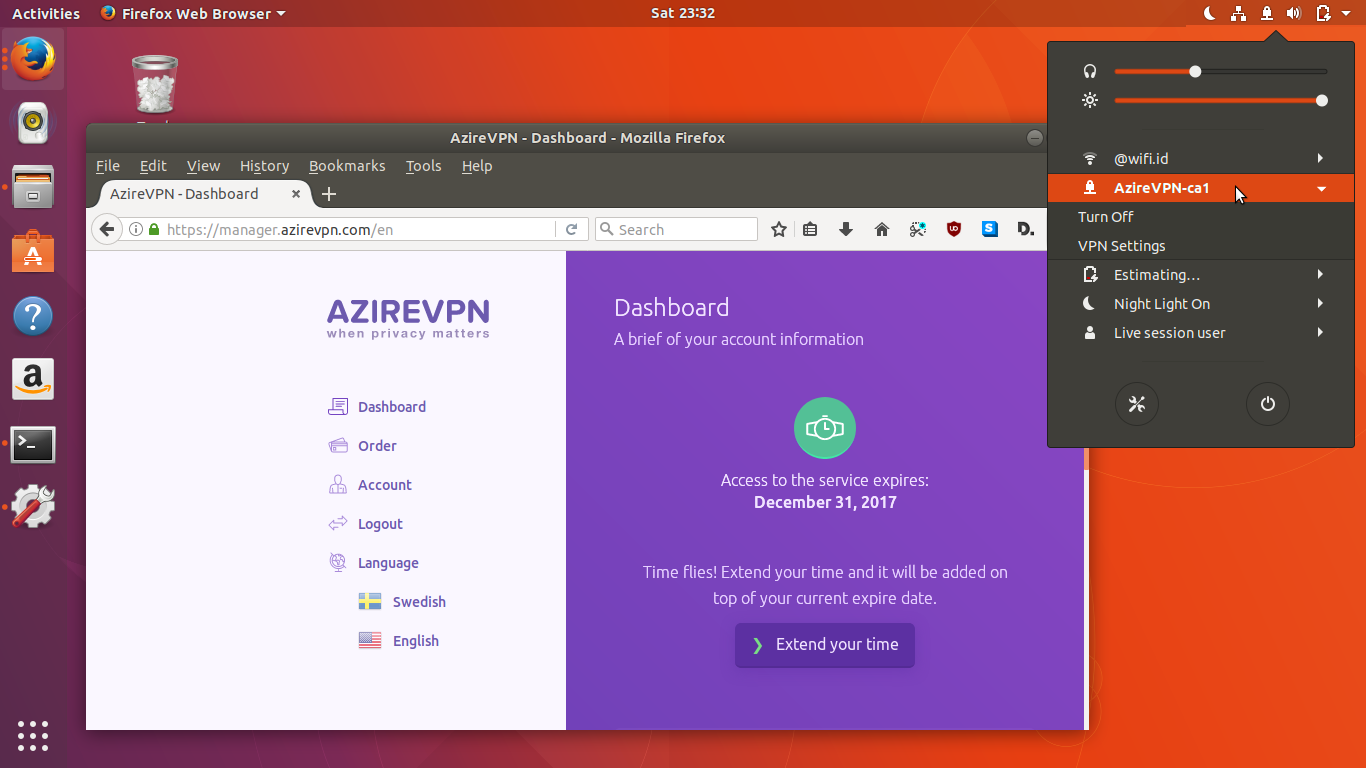Whether you are using a PC or operating your business, what concerns all of us the most is how to protect your privacy and security. Well, with the constant advancement in technology, VPN is becoming an essential practice for us, even in any operating system.
Whether you’re just browsing the internet, downloading or streaming any movie, or accessing sensitive information, get a VPN on Linux, Windows, or macOS first. A VPN provides an extra layer when it comes to the protection and anonymity of the users.
Why Are VPNs Important for Operating Systems?
Whether you are using a computer or a mobile device, having an operating system is something you cannot ignore. From Windows to macOS and Linux, every operating system controls everything you do on your computer. From browsing the web to accessing your files, everything.
However, there are increasing worries that operating systems are vulnerable to security threats and privacy issues. A VPN can help in that situation. If you want to prevent unauthorized access and maintain the privacy of your online activities, a VPN adds an additional layer of security by encrypting your internet traffic and routing it through a secure server.
What are the Risks of Operating Systems?
-
Common Security Risks on Operating Systems
Even with their improvements, operating systems are not unbreakable fortresses. They could be exposed to a variety of security concerns, including malware infections, phishing scams, and unauthorized access to your sensitive information. Such risks offer a serious risk to your online security and may result in identity theft, financial loss, and other unfavorable outcomes.
-
Potential Privacy Concerns on Operating Systems
It’s impossible to ignore privacy in the digital age; it’s greatly desired but frequently elusive. Operating systems gather and retain a lot of personal data, including your browser history and location information. Without adequate security, your information could end up in the wrong hands, jeopardizing your privacy and putting you at risk for targeted advertising, surveillance, and other intrusive tactics.
-
Vulnerabilities That Can Be Exploited
It makes sense that operating systems, which are intricate pieces of software, occasionally have flaws that hackers and other cybercriminals can take advantage of. These flaws could give criminals access to your device, let them steal your data, or even give them control of your computer. To reduce these hazards, it’s critical to be on guard and take initiative.
3 Basic Benefits of Using a VPN on Your Operating System
-
Enhanced Security and Encryption
Your online activity becomes obscure to hackers and snoopers when you use a VPN. Your data will be private and secure even when transported over unprotected networks thanks to the encryption offered by a VPN. Your private information is shielded from theft or tampering by this virtual force field.
-
Anonymity and Privacy Protection
The ability to access the internet anonymously is one of the benefits of utilizing a VPN. You may keep your anonymity by concealing your IP address and changing it to one from the VPN server, which will stop websites, advertising, and even your internet service provider from tracking your online activities. Your virtual footprint disappears, leaving no traces.
-
Protection Against Public Wi-Fi Threats
Public Wi-Fi hotspots are frequently used by cybercriminals. These ostensibly secure networks might serve as a haven for hackers to launch assaults and steal your personal data. You may protect yourself from these dangers and access the internet with confidence even when using public Wi-Fi by installing a VPN on your operating system.
Conclusion
In order to protect your online privacy, security, and freedom, your operating system must support the use of a VPN. You may confidently explore the digital world by integrating a VPN into your operating system since your online actions will be protected from prying eyes.




